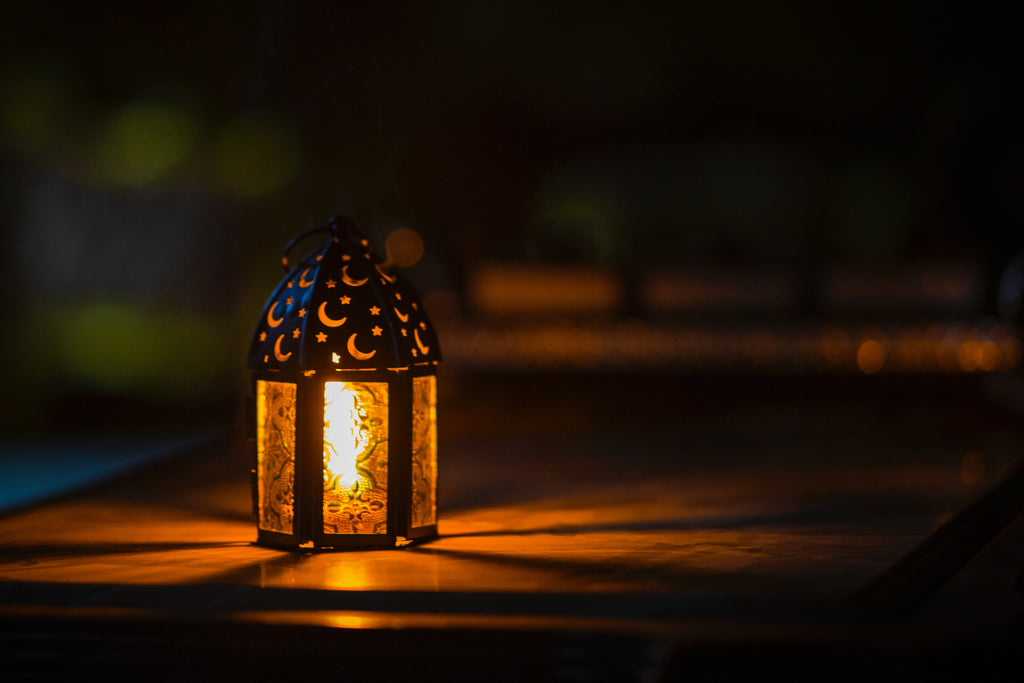Worried about how to practice circadian fasting during Ramadan? These tips will make it easier.
What is Circadian Fasting?
Circadian Fasting is more than a trending diet, it’s a healthy lifestyle choice that has countless benefits. In circadian fasting, the emphasis is on when you eat and involves following the circadian rhythm of your body to determine the time to eat and fast, accordingly. In circadian fasting, you are supposed to time your meals according to the sun cycle, i.e, sunrise and sunset. The timing is crucial in circadian fasting.
Circadian fasting during Ramadan
Are you curious about how to continue your circadian fasting routine during the holy month of Ramadan? No need to worry, although you will not be able to follow a sunrise to sunset eating window, there are ways to do "time restricted eating" and still get benefits. Just for this month you will be time restricting your eating from sunrise to sunset, instead of sunset to sunrise. Although it's different, you can still get some if not many of the benefits.
A common misconception is that circadian fasting is all about eating on time. This assumption makes it seem impossible to practice circadian fasting during Ramadan as you are not supposed to eat or drink during the day. However, circadian fasting is a lifestyle and consists of various elements like resting, recharging and exercising. By incorporating all of these elements into your routine during Ramadan, you can easily optimize your circadian rhythms.
How is fasting helpful, especially during Ramadan?
One study done involved healthy men observing fasting periods of around 16 hours per day — similar to the 16/8 method — during the Islamic holy month of Ramadan.
At the end of the month, the participants’ gut microbiomes had higher levels of Lachnospiraceae, beneficial bacteria that have been linked with a lower risk of cancer and inflammatory bowel disease and improved heart health and mental health. However, after they stopped daily fasting, the men’s gut microbiomes returned to their previous count.
What can you do to make fasting during Ramadan easier and more successful?
Rest

Your body needs adequate rest in order to heal and recharge. While fasting during Ramadan, ensure that you are getting ample rest in the night, around 7-9 hours of sleep. Stay away from anything which can interfere with your sleep cycle. Try to calm down your senses before you go to sleep by doing 20 minutes of meditation, reading a book or deep breating. Turn off the artificial lights and blue lights before bed time for an uninterrupted sleep.
Get ample sunlight

Since circadian fasting is based on the sun cycle, light is the primary input for the circadian rhythms. It is crucial for proper functioning of the metabolism. Therefore, in order to maintain the circadian rhythms, ensure that you get ample morning sunlight for at least 20-40 minutes.
Movement

Fasting during Ramadan can be a bit challenging. Which is why it is easier to neglect exercise during Ramadan. But in order to optimize your circadian rhythms, it is imperative that you spend time in nature and get enough exercise. However, since you are fasting during the day time, over exertion should be avoided.
Healthy diet

Make sure that your breakfast consists of healthy foods full of protein, healthy fats, and most importantly, fiber. Drink ample amounts of water in the morning to keep you hydrated throughout the day. Similarly, break your fast with healthy fruits and vegetables and avoid eating junk food or fried items. Try breaking your fast with berries, nuts and a date.
The benefits of circadian fasting are endless. And there is absolutely no reason why you shouldn’t reap the benefits while fasting during Ramadan. By following these simple tips you can optimize your circadian cycle and stay healthy and rejuvenated during the holy month of Ramadan.

